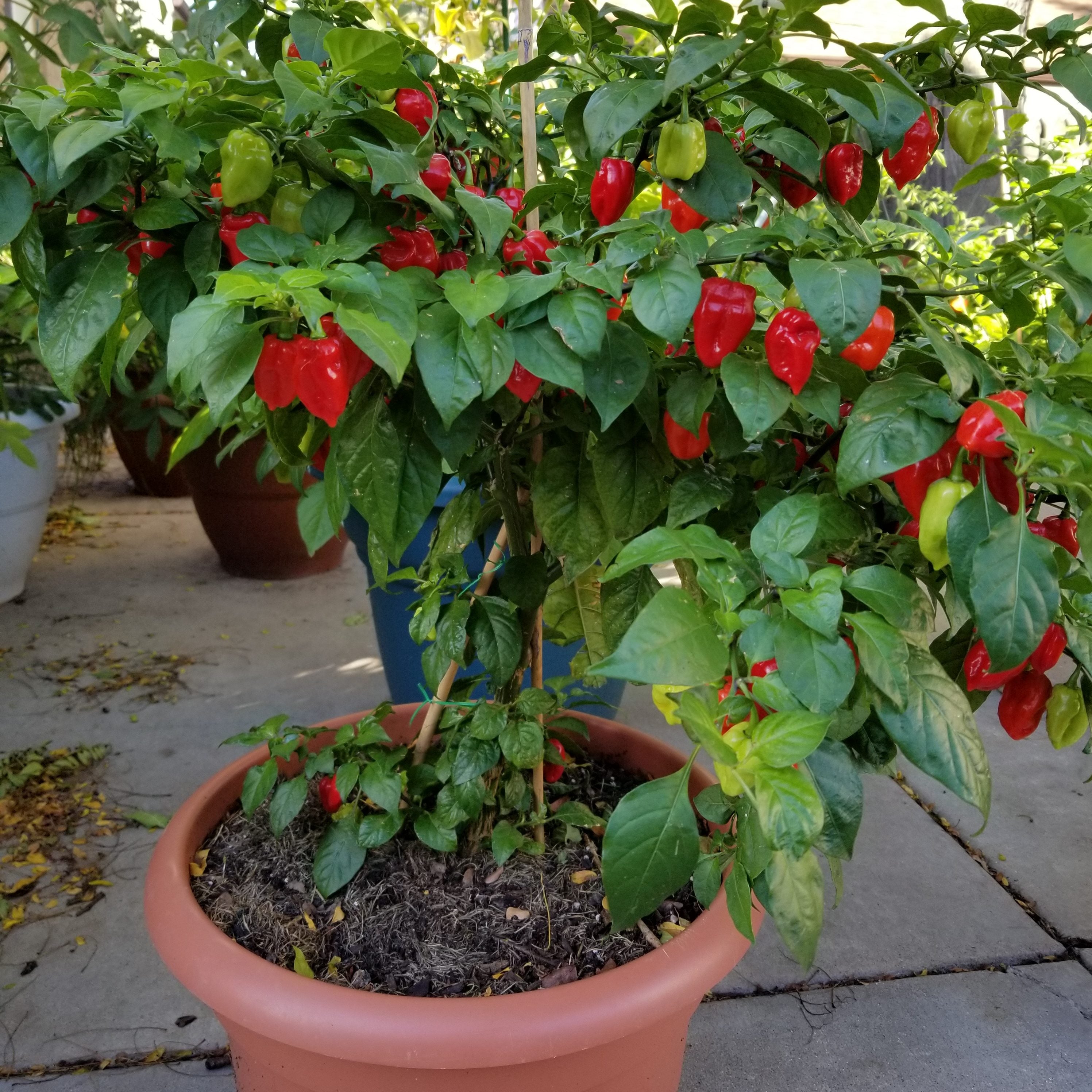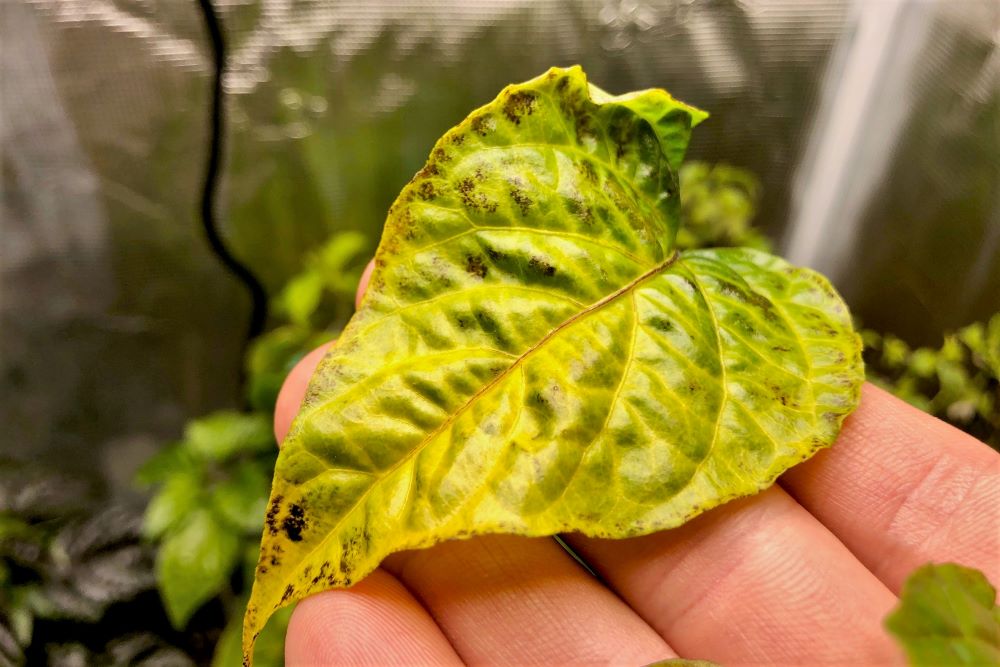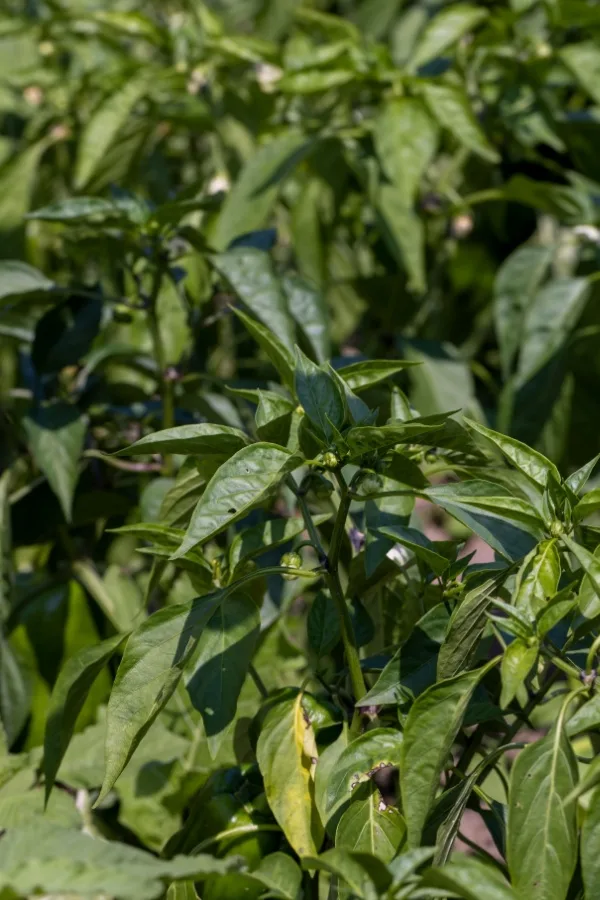Premier Fertilizers for Peppers: Boost Your Harvest Top Quality
Premier Fertilizers for Peppers: Boost Your Harvest Top Quality
Blog Article
How Fertilizers Play a Critical Duty in Cultivating Healthy and Abundant Pepper Crops
Fertilizers serve as the backbone of successful pepper growing, using a critical approach to nourishing the soil and fostering optimal plant growth. The intricate dance between vital nutrients and the pepper plants' physiological processes highlights the essential function that plant foods play in making sure an abundant harvest. From sustaining robust root development to reinforcing illness resistance, the effect of fertilizers is far-ranging in the farming of healthy and balanced and fruitful pepper crops. Stay tuned to uncover the nuanced means in which plant foods add to the prospering of pepper plants and the lasting methods that underpin their effectiveness.
Relevance of Nutrient-Rich Plant Foods
The application of nutrient-rich fertilizers plays a critical duty in improving the productivity and high quality of pepper crops in modern-day agricultural practices. Nitrogen, potassium, and phosphorus are main nutrients that are crucial for the growth and advancement of pepper plants.
Poor degrees of these nutrients can lead to stunted growth, reduced yields, and vulnerability to illness (best fertilizers for peppers). Nutrient-rich plant foods provide a targeted solution to guarantee that pepper plants obtain the essential elements for optimal growth and productivity. Additionally, these fertilizers assist enhance soil fertility in time, producing a sustainable atmosphere for lasting pepper farming
Enhancing Plant Development and Growth
To enhance plant growth and advancement in pepper crops, calculated application of nutrient-rich plant foods is vital. Fertilizers play a crucial duty in enhancing the general health and productivity of pepper plants by offering them with crucial nutrients that might be doing not have in the soil. Potassium, phosphorus, and nitrogen are main macronutrients called for in large amounts by peppers for durable development. Nitrogen help in leafy environment-friendly development and total plant vitality, phosphorus sustains origin growth and flower development, while potassium adds to condition resistance and fruit top quality.
Along with these macronutrients, trace elements such as iron, zinc, and magnesium are likewise vital for the appropriate performance of different plant procedures. Iron, for example, is essential for chlorophyll production, which is necessary for photosynthesis and overall plant development. Zinc plays a crucial function in enzyme activity and hormonal agent synthesis, impacting plant development and development at a mobile degree. Magnesium is vital for the development of chlorophyll and general power transfer within the plant.

Boosting Illness Resistance With Fertilizers
By strategically incorporating targeted fertilizers, farmers can bolster the disease resistance of pepper crops, guaranteeing ideal plant health and wellness and efficiency. Fertilizers including important nutrients like nitrogen, phosphorus, and potassium play an essential role in reinforcing pepper plants' immune systems, making them more resistant to numerous conditions.

Optimizing Pepper Yield Via Fertilizing
Using a well balanced fertilizing method is vital to attaining maximum pepper return and making sure optimal plant efficiency. By providing peppers with the appropriate nutrients at the correct time, farmers can considerably boost their yield possibility. Nitrogen, potassium, and phosphorus are essential aspects for pepper growth, with nitrogen helping in fallen leave and stem advancement, phosphorus sustaining root development and flower development, and potassium promoting general plant wellness.
To make best use of pepper yield, it is critical to carry out dirt tests to figure out existing vitamins and mineral degrees and identify any kind of shortages that require to be addressed. Based on these outcomes, farmers can develop a tailored fertilizing strategy that fulfills the particular requirements of their pepper plants. Additionally, proper fertilizing strategies such as split applications throughout the growing season can make sure continual nutrient availability for the plants.

Lasting Plant Food Practices for Peppers
In taking into consideration lasting plant food techniques for peppers, it is vital to concentrate on long-lasting soil health and environmental stewardship in conjunction with taking full advantage of crop productivity. One key method is the use of organic fertilizers such as compost, manure, or cover crops, which not only provide crucial nutrients to the peppers but likewise contribute to soil structure and microbial task. best fertilizers for peppers.
Additionally, accuracy farming techniques, such as dirt go to my blog testing and targeted nutrient applications, can help maximize fertilizer usage, making certain that peppers get the nutrients they need without excess overflow into rivers. This not only profits the atmosphere by reducing air pollution however also conserves costs for farmers by lessening waste. By embracing lasting fertilizer techniques, pepper cultivators can safeguard the health and wellness of their crops, soil, and bordering communities for future generations.
Verdict
To conclude, plant foods are necessary for cultivating plentiful and healthy and balanced pepper crops. best fertilizers for peppers. They supply necessary nutrients for plant growth and growth, boost click for source illness resistance, and take full advantage of return. By executing lasting plant food practices, farmers can make sure the long-term health of their pepper plants and add to a more effective and environmentally-friendly agricultural system
The complex dancing between essential nutrients and the pepper plants' physiological processes emphasizes the pivotal role that fertilizers play in making sure a plentiful harvest.To optimize plant growth and advancement in pepper plants, critical application of nutrient-rich fertilizers is important. Plant foods play a crucial role in enhancing the general wellness and performance of pepper plants by providing them with important nutrients that may be lacking in the soil.By tactically including targeted plant foods, farmers can bolster the illness resistance of pepper plants, making certain optimal plant health and wellness and performance. Plant foods containing necessary nutrients like potassium, nitrogen, and phosphorus play a crucial function in reinforcing pepper plants' immune systems, making them more resilient to different conditions.
Report this page